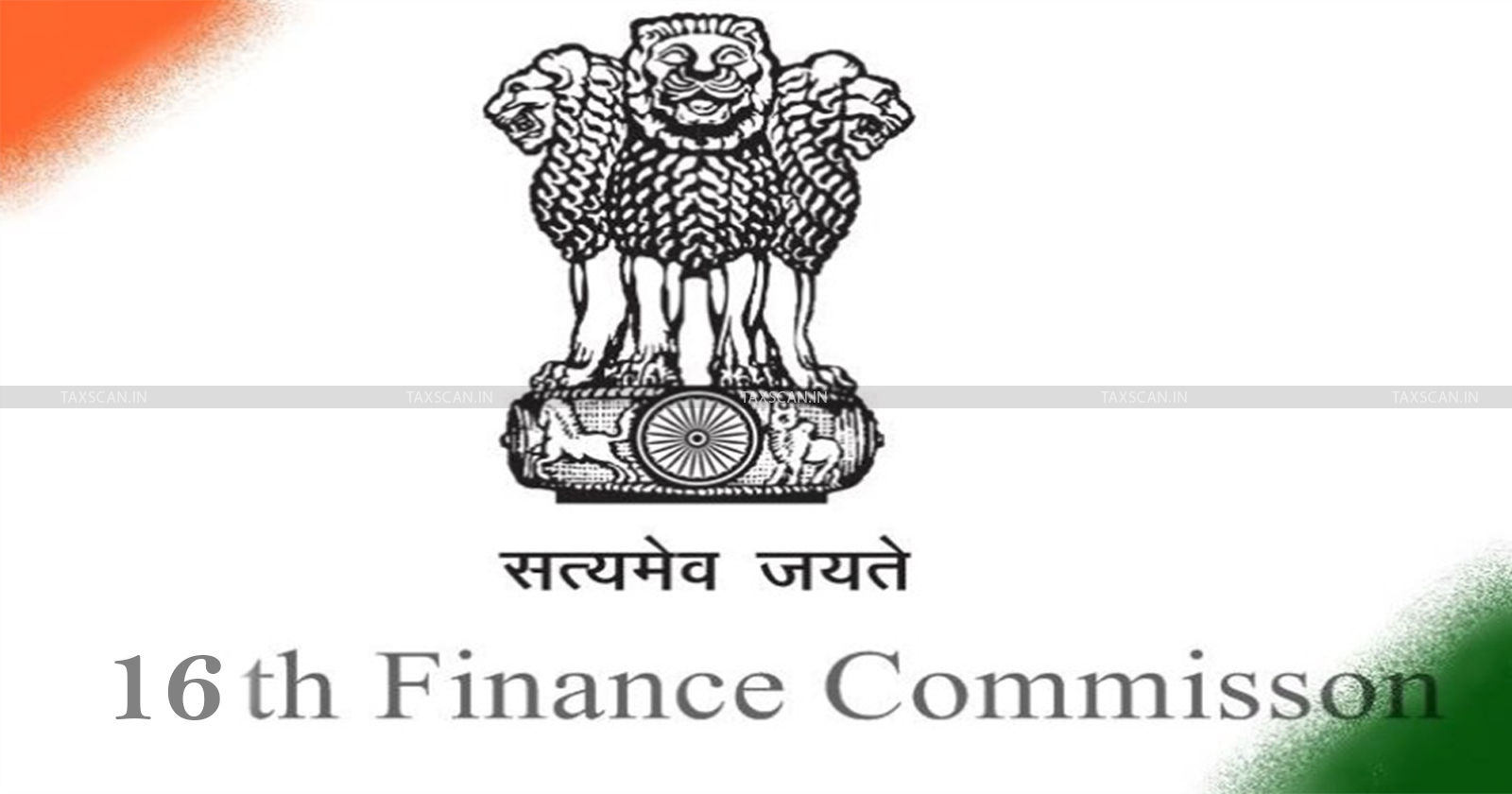Commodity Exchanges in India: Definition and Categories
Commodities markets consist of the buying and selling of raw materials like precious metals, crude oil, natural gas, energy, and spices, among others.

A commodity exchange functions similarly to a stock exchange. In a stock exchange, investors can buy and sell equities with other investors. To answer the question, "What is a commodity exchange?" one must realize that it functions similarly to a stock market, but is dedicated solely to commodity trade. Since most people associate the term "commodity" with tangible items, the idea of a "commodity exchange" may be foreign to them. Products are traded on commodity markets, but the meaning of the word "commodity" is reflected in a different way.
What is a Commodity Exchange?
A commodity exchange, sometimes known as a commodities exchange, is a governing body responsible for establishing and enforcing rules and procedures for the routine exchange of commodity contracts and investment instruments. Trading can also take place at a physical location known as a commodity exchange. However, most commodities exchanges exist solely in the form of electronic online trading platforms. Commodity trading involves daily trillion dollar transactions.
Rarely do buyers and sellers of commodities on an exchange really exchange tangible goods. Instead, they deal in futures contracts, in which buyers and sellers agree in advance to terms such as quantity and price for a wide variety of commodities. The contract price for this commodity is guaranteed to be the same regardless of fluctuations in the commodity's market price. There is a cutoff time for the duration of the contract. Crude oil is the most actively traded futures contract commodity. Understanding that "commodities" in the context of exchanges and marketplaces typically refer to unprocessed raw materials helps clarify the meaning of the term "commodity exchange."
Understanding Commodity Exchanges
The commodity exchange is the hub of the commodity trading industry. Agricultural commodities were the first items traded on the commodity markets. In the 19th century, these primarily consisted of grain, cattle, pigs, and wheat. Evident from what has been said so far, commodity markets had their beginnings outside of the United States. When commodity trading first started, Chicago quickly became the center of the industry. The city's location near the farm belt and its importance as a hub for east-west transport were two of its many selling points. Chicago's significance stemmed from the fact that the city possessed simple railroad access.
If you were wondering, "What is a commodity exchange?" hopefully you do now. If you knew little to nothing about commodity exchanges previously, you should now have a better concept of how the market works. Keep in mind that today's commodity markets deal in more than one type of investment instrument. Many different types of investors, from speculators to commodity producers, make use of these. You should be familiar with the US commodity exchanges because US markets, including stock markets, influence most worldwide markets. The Chicago Mercantile Exchange (CME) and the New York Mercantile Exchange (NYMEX) are the two largest commodity exchanges in the world. The CME Group is unrivaled in the global derivatives markets; annually, they process roughly 3 billion contracts worth a quadrillion dollars.
The Intercontinental Exchange (ICE) is Europe's primary commodity exchange. All commodities exchanges discussed thus far have been conducted electronically. However, the London Metal Exchange (LME) is the only centralized commodity exchange. Although commodities have been traded in India for quite some time, the country didn't get its own formal exchange until 2018. In India, MCX, or the Multi Commodity Exchange of India Ltd., is the primary exchange for trading commodities. The Indian Commodity Exchange and the National Commodity and Derivative Exchange are two more major commodity exchanges in India, along with the National Stock Exchange and the Bombay Stock Exchange.
Types of Commodities in India
Crude oil, gold, cotton, natural gas, and lumber are the most widely traded commodities in the world. Spot/cash markets are where dealers exchange actual commodities for prompt delivery in India's commodity marketplaces. The forward and futures markets are another type of derivatives market. The following goods are available for trading:
- Gold - In India, gold has several uses, and is mainly traded as a hedge against inflation. Most Indians possess gold in some form or other and it is viewed as a commodity with value attached, never letting investors down regarding price.
- Crude Oil - This is a sought-after commodity both globally, and by investors in India. The commodity yields by-products such as diesel and petroleum. The demand for crude oil is only increasing in India due to the increase in the manufacture and sale of vehicles. The global consortium that has a key role to play in the production of crude oil is OPEC. The USA, Russia and Saudi Arabia are some leading nations that produce this commodity.
- Soybean - Among the leading commodities traded today, soybean production and its price is usually affected by weather, biodiesel demand and demand for dollar currency.
Commodity trading exchanges in India deal with the following commodities according to different exchanges where trading takes place:
- Types of Commodities Traded on the MCX - Bullion (silver, gold), energy (crude oil, natural gas), base metals (brass, aluminum, lead, nickel) and agricultural produce (cotton, rubber, palm oil) are traded on this exchange.
- Types of Commodities Traded on the NCDEX - Cereals and pulses (barley, wheat, paddy, moong), Sugar, Fibre (Guar gum, cotton), Spice (coriander, pepper, cumin seeds, turmeric), oil and oil seeds (soybean, refined soy oil, castor seed, mustard seed).
Commodity Investment
Although investing in commodities is not as common as investing in the traditional stock market, it is gaining popularity in India. The weather, supply and demand, geopolitical events, and the general status of any economy can all have a significant impact on commodity prices. You need to do your homework before investing in commodities if you want to make any money.
Read Also : How to make your portfolio perform better in the market



















